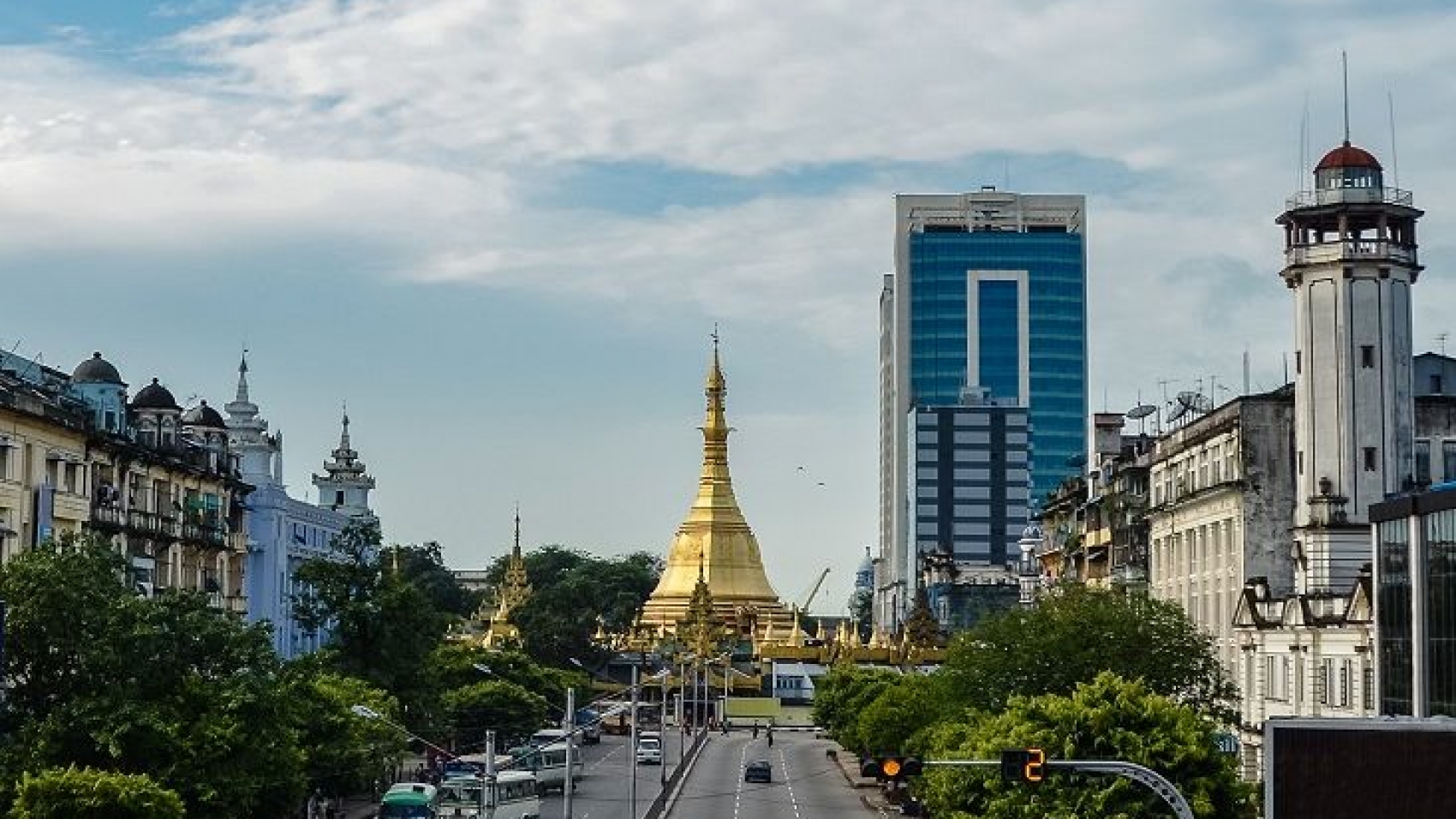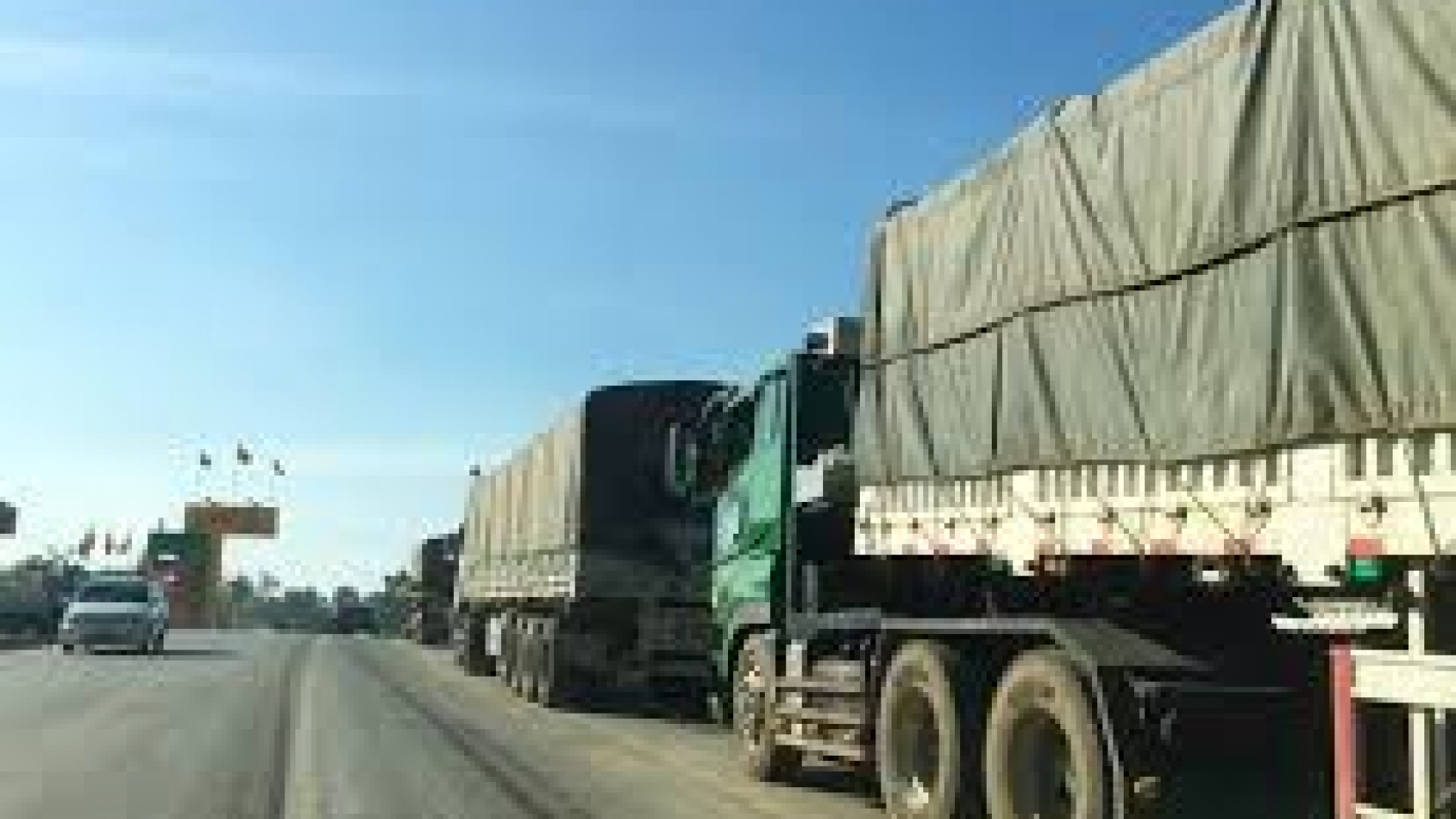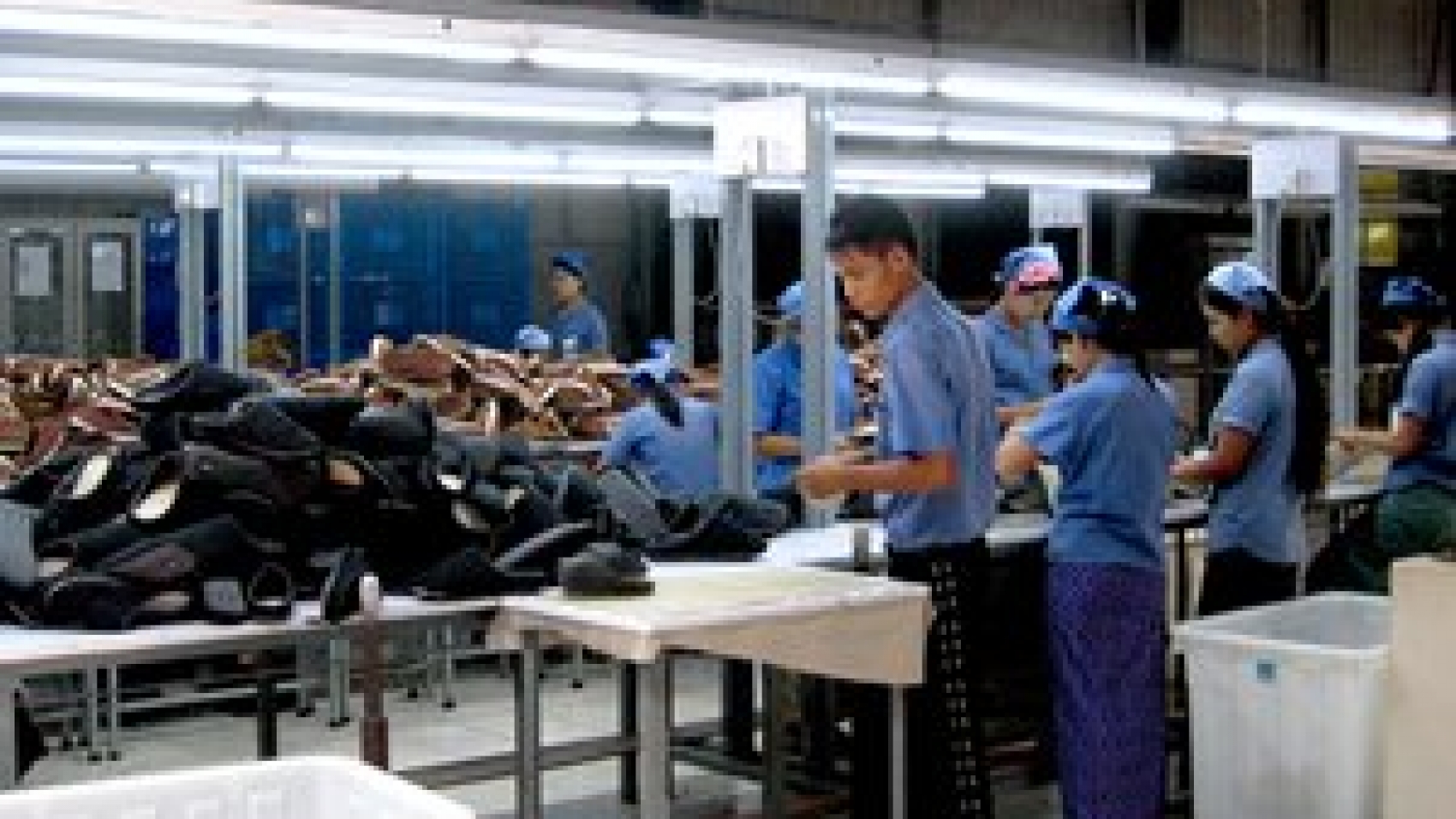Microfinance Supervisory Committee (MSC) will take legal action against the microfinance institutions if they forcibly collect loans in the pandemic period, according to the committee’s announcement released on 13 October. The committee also announced that the microfinance businesses should not forcibly collect the loans plus interests when the members’ businesses and income are lower in the pandemic period, and they should only negotiate the date of repayment of the loans and interests.
The committee has also announced that if the members are forcibly asked to return the loans and interest, they are entitled to complain to the committee in detail mentioning the contact phone number or address. The committee will take legal action against the microfinance institutions under the Microfinance Law. The committee announced in April that the livelihood businesses and enterprises operating with the loans in COVID-19 period might be adversely affected by the economic impact caused by the pandemic. So, the institutions should not forcibly ask for repayment of the loans and interests.
In July, the committee issued an instruction that the institutions are allowed to collect the loans only from those who are ready to return the loans, and they need to provide the new loans or internal loans. They also need to negotiate re-fixing of the paying back period. There are many microfinance institutions in 252 townships across the country with 4.6 million loan takers.
Source: The Global New Light of Myanmar



